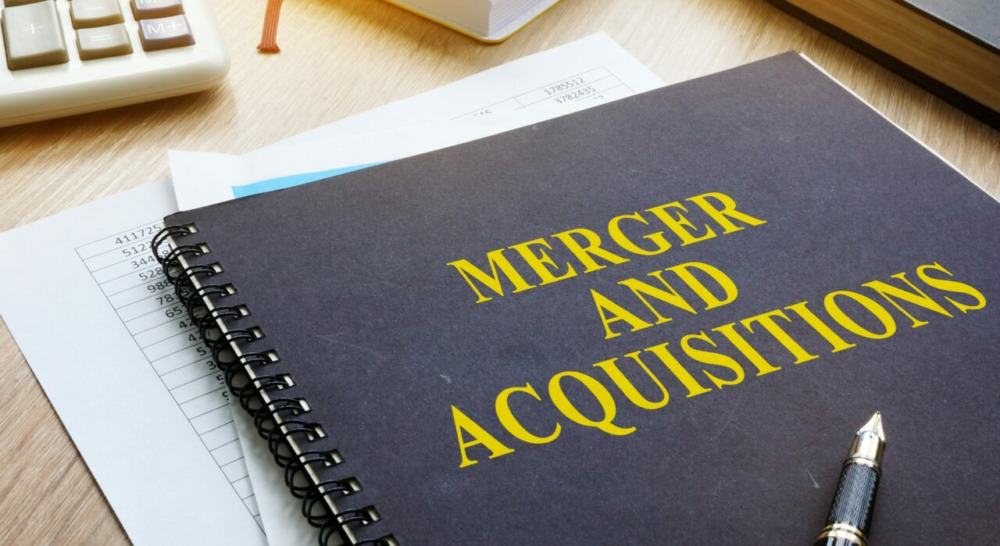
Mergers and Acquisitions in the Netherlands
Updated on 19 February 2024
The present article considers the steps leading to company mergers or acquisitions in Holland. One such step is an investigation called “due diligence” (or DD). It aims to elucidate the actual state of the respective company. DD allows for the assessment of potential risks with the aim to inform the final decision about the transaction and also to adjust the purchase conditions.
Agreement of confidentiality / non-disclosure
During the negotiation phase of merger and acquisition the parties often sign an agreement of confidentiality (non-disclosure), so that any confidential information shared with respect to the tentative purchase remains secret. In this way, the vendor reduces the risk of public disclosure of the supplied information. To minimize the risk further, sometimes penalty clauses are included in the agreement.
Declaration of intent (DoI)
After the agreement of confidentiality has been signed, the (eventual) purchaser has completed due diligence and the initial negotiations have been closed, the parties prepare a declaration of intent (DoI) that provides the conditions for further negotiations regarding the company’s acquisition. The DoI generally contains the following (the list is not exhaustive):
- that preliminary negotiations on company takeover are held between the parties;
- if the negotiations are exclusive (with exact exclusivity period);
- what conditions allow the parties to stop the negotiations;
- latest date for finalization of the acquisition;
- the conditions that need to be fulfilled (in the general case – completed due diligence) in order for the parties to proceed to the next acquisition phase.
Due diligence
During the second phase the purchaser performs an audit called due diligence examination (“DD”). This is an investigation intended to elucidate the state of the respective company and the possible risks, thus allowing the purchaser to make an informed decision on the potential transaction. The DD results are usually reflected in the conclusive purchase agreement terms and also in the statements and guarantees of the seller.
The following (non-comprehensive) list presents some common subjects to DD investigations:
- Human resources / contracts (for labour);
- real estate / contracts for tenancy;
- potential and current legal proceeding;
- rights to intellectual property and licenses;
- (civil) claims;
- insurance matters;
- finance;
- tax.
These details are key to assessing the company and setting its purchase price. They can serve as a basis for indemnities and guarantees in the agreement for purchase. In addition to the legal DD investigation, it is important to perform financial and fiscal (tax) DD examinations.
Vendor DD
Every so often vendors also carry out their own DD investigations (or vendor DD) even before the start of the negotiations for takeover. Company problems can be fixed in time to prevent unpleasant surprises in the process of negotiation.
Agreement of purchase
After the DD examination is completed and the results are in, the parties start negotiating on the provisions of the purchase contract. This contract includes clauses on the risks related to uncertain events, financial and other, and their distribution among the parties. If, for instance, the DD examination has shown that claims are expected from pension funds or tax authorities, the purchaser can request specific guarantees or warranties from the seller (or a change in the price of purchase).
Agreement of share/asset purchase
Company acquisition usually involves a share transaction. The purchaser acquires the company shares held by the vendor by means of an agreement on share purchase. Sometimes it is necessary to conclude a different form of transaction, e.g. if the company to be acquired is a general partnership or a sole proprietor, rather than a legal person. In such cases the companies are subject to transfer of liabilities and assets by virtue of agreements of asset purchase.
Signing the agreement of share or asset purchase
After the parties agree on the transaction conditions (incl. the legal transfer date and the basis of the transaction), they sign an agreement of share or asset purchase (or another form of agreement, such as a merger contract). This phase is often referred to as “signing”. Usually the legal title transfer takes place weeks or even months later for a number of reasons, e.g. to give the purchaser enough time to fund the transaction. Agreements of share or asset purchase can also include resolutive or necessary conditions that must be met and can specify the period before title transfer.
Concluding the transaction
The transaction is concluded after all the necessary papers have been prepared and all requirements therein have been fulfilled or have expired. Then the documents related to the transfer are signed and, if a share purchase is taking place, the actual shares are transferred. Most commonly transfers take place against purchase price payment (or a part of it, if there is an earnout provision). In the Netherlands transfers of company shares are performed via transfer deeds prepared by Latin notaries.
If you are interested in buying or selling company shares for a company acquisition, find our articles below:




